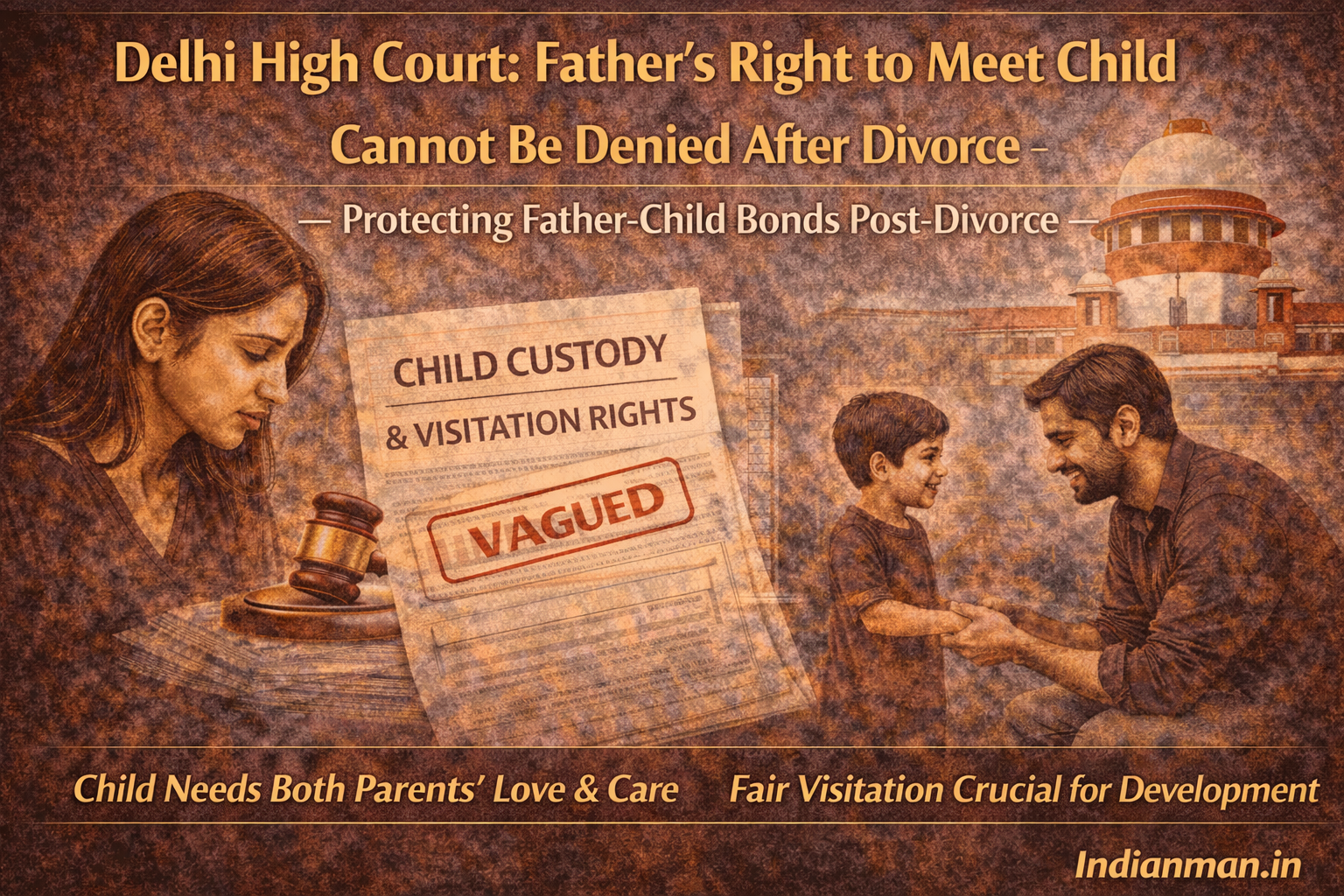A Complete Guide to Child Custody Laws in India
When a marriage ends, the children often suffer the most. In India, child custody laws prioritize the child’s welfare above all else when deciding who gets custody. Here’s a comprehensive guide to understanding child custody laws in India.
Who Has the Right to Custody After Divorce?
Both parents have an equal right to custody of their child. However, the court ultimately decides who gets custody based on the child’s best interests. Even if one parent is granted custody, the other parent is usually given visitation rights to ensure the child receives love and attention from both parents.
Types of Child Custody Arrangements in India
Indian courts typically order child custody in three forms:
- Physical Custody
- The child lives with one parent but maintains regular contact with the other parent. This arrangement aims to provide a stable environment while ensuring the child receives affection from both parents.
- Joint Custody
- The child alternates between both parents. The rotation schedule can vary from days to weeks or months. This allows the child to spend ample time with each parent.
- Legal Custody
- Parents make important decisions about the child’s life, such as education and healthcare. Legal custody is often granted to both parents unless they are unable to agree, in which case the court may grant it to one parent.
How to Determine the Type of Custody Granted?
If the court order does not specify, the parent awarded custody has both physical and legal custody. Any special conditions will be clearly mentioned in the court order.
Who Can Claim Custody of a Child?
Either parent can claim custody. If both parents are unable or unavailable (e.g., due to death or legal reasons), grandparents or other relatives can seek custody out of compassion for the child. Sometimes, the court may appoint a third person as the child’s guardian.
Priority in Custody Claims
The Supreme Court and other courts in India emphasize the welfare of the child above all else in custody cases. For children under five, custody is generally awarded to the mother. Fathers often get custody of older boys, and mothers of older girls. The child’s preference is considered if they are above nine years old.
Custody in Special Situations
If the mother has a weaker financial condition compared to the father but the father has remarried, the mother is not automatically disqualified as a guardian. The father must provide financial support, and the stepmother’s obligations to her own children are considered, often making the biological mother a better guardian.
Child Custody Under Different Indian Laws
- Hindu Law
- Section 26 of the Hindu Marriage Act 1955: Addresses the maintenance and education of the child when both parents are Hindu.
- Section 38 of the Special Marriage Act 1954: Applies when parents belong to different religions or have had a court marriage.
- Hindu Minority and Guardianship Act 1956: Allows only biological parents to seek custody if they are Hindu.
- Muslim Law
- The mother has custody (Right of Hizanat) until the boy is seven years old and until the girl reaches puberty. The father is the natural guardian after these ages.
- Christian Law
- Governed by Sections 41-43 of the Divorce Act 1869, which decide custody based on who is the better guardian.
- Parsi Law
- Handled under the Guardians and Wards Act 1890, focusing on the child’s welfare.
Understanding these laws helps parents and guardians navigate the complexities of child custody in India. The child’s welfare remains the foremost concern in all legal decisions regarding custody.




